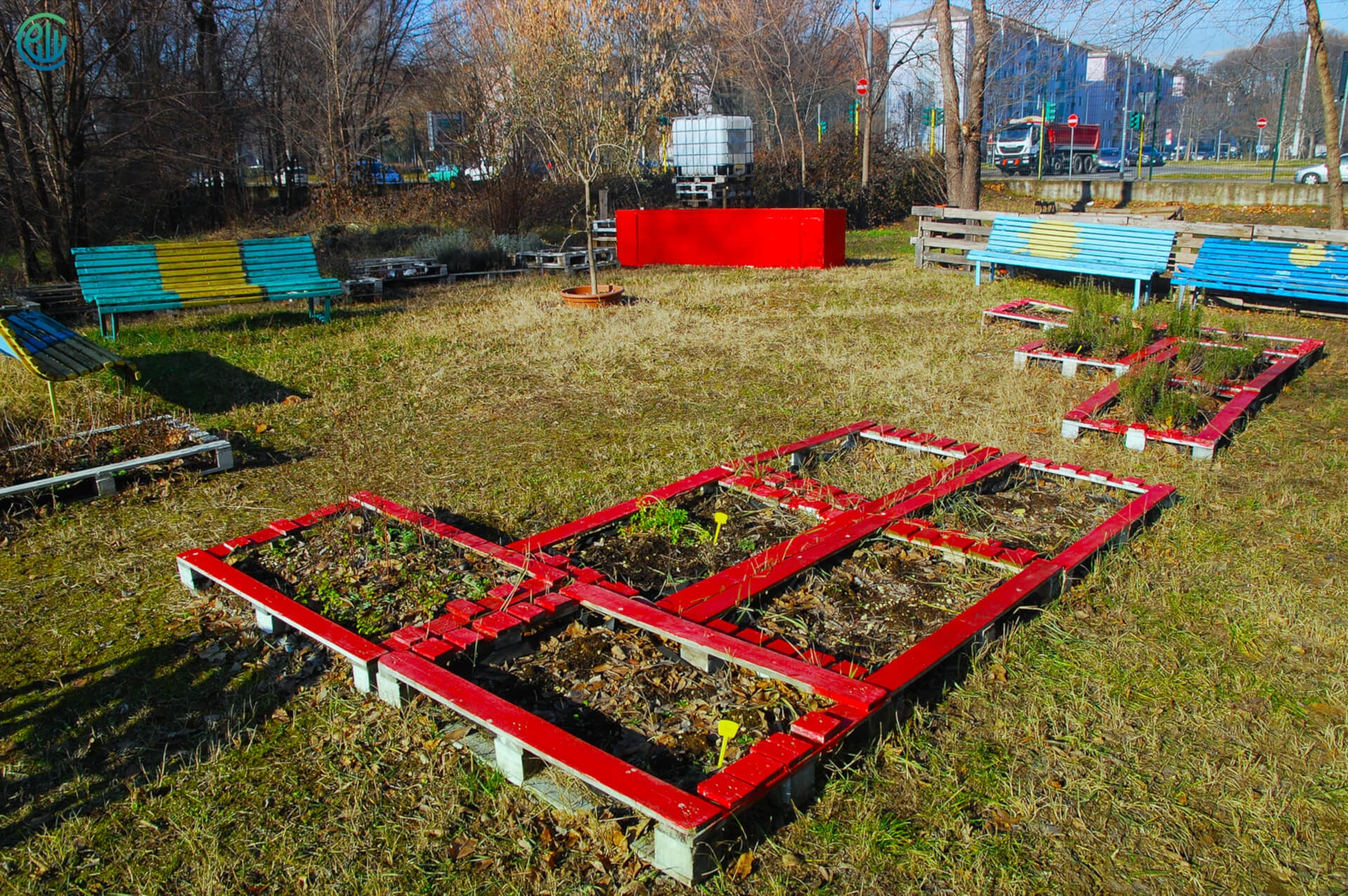News
Latest news on the CLEVER Cities project

4 September 2019
Cities find natural solutions to global challenges
4 September 2019
###full_location###
People around the world are calling for governments to step up and take action on the global climate emergency. Creating conditions for social, ecological, and infrastructural resilience in the context of rapid urbanisation and a biodiversity extinction crisis is one of the key urban, and global, challenges of the 21st century. Where adaptation solutions can make cities more resilient to climate change, nature-based solutions can future-proof cities’ infrastructure, communities and local economy for the people who live there.
Within CLEVER Cities, scientists, local governments, NGOs, businesses and local citizens are looking to nature-based solutions for new approaches to urban development. The plan is to create urban areas that support ecosystems and biodiversity, improve quality of life and health overall, support sustainable local businesses that can replace outdated industries, and make for accessible urban systems that are flexible enough to include all sectors of society.
Green spaces can markedly improve quality of life by making the air cleaner, providing an area to meet others from the local community and to play sports. CLEVER Cities partner city Hamburg (Germany) is in the process of expanding the district of Neugraben-Fischbek, which is planned to house thousands of new residents in the coming decades. To achieve a cohesive and inclusive community, the City of Hamburg is co-creating nature-based solutions in the district that will be accessible and useful to the whole community.
Bringing communities together through shared activities while increasing awareness of the importance of promoting local biodiversity is a focus of CLEVER Cities Milan. There the local team is planning to re-design the Tibaldi railway station together with local citizens, through green and innovative elements such as green walls, natural noise barriers and external green spaces such as waiting areas. The interventions will not only improve biodiversity, filter air pollutants and reduce rail traffic noise, but it will also also increase public awareness of the importance of integrating more nature into urban areas.
Alice Reil, expert in nature-based solutions from CLEVER Cities partner ICLEI Europe said: “If we want to develop our urban areas sustainably and future-proof them together with all who live and work in our towns and cities across Europe, then we need to make nature-based solutions part of how we envision and plan our cityscapes.”





